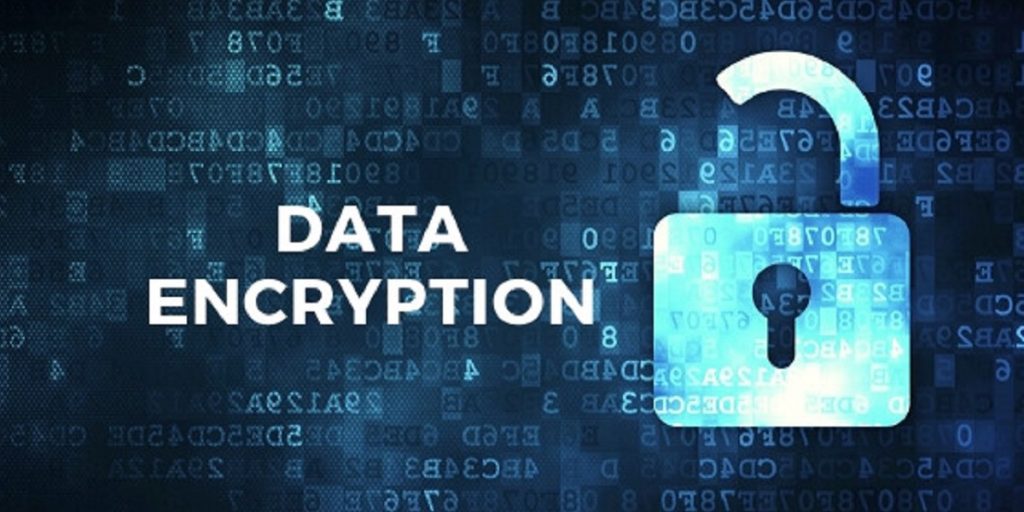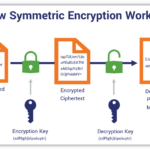In an increasingly digital world, the importance of data encryption cannot be overstated. Many individuals and organizations operate under the misconception that their data is safe simply because it is not classified as sensitive or because they have not experienced any data breaches in the past. However, the reality is that data protection is a multifaceted necessity, transcending the traditional boundaries of sensitive information. Here are several compelling reasons why you should strongly consider encrypting your data, even if you believe the risk is minimal.
1. Evolving Threat Landscape
The digital environment is rife with sinister elements that threaten data integrity. Cybercriminals are becoming more sophisticated and inventive, employing advanced techniques to infiltrate systems. The rise of ransomware attacks, where data is held hostage in exchange for payment, illustrates this growing threat. By encrypting data, you add a layer of protection that complicates the efforts of these malicious actors. Even if your data appears mundane, it may become a target simply due to its existence.
2. Compliance and Legal Requirements
As regulatory frameworks become stringent, businesses must comply with an array of legal stipulations regarding data protection. Laws such as the General Data Protection Regulation (GDPR) and the Health Insurance Portability and Accountability Act (HIPAA) mandate stringent measures for data security, often recommending or requiring encryption as a best practice. Failing to comply can result in hefty fines and legal repercussions. Hence, encrypting data is not merely a defensive strategy; it is also a necessary step toward fulfilling legal obligations.
3. Preserving Reputational Integrity
A breach of data can inflict irreparable damage to an organization’s reputation. Trust, once broken, is arduous to regain. Customers and clients expect that their information will be handled securely. Data encryption serves not only as a safeguard for sensitive information but also as a pledge to stakeholders that their data is treated with the utmost respect and security. Establishing a reputation for prioritizing data privacy can foster customer loyalty and enhance business credibility.
4. Mitigating Human Error
Human error is frequently cited as the primary cause of data breaches. Accidental disclosures, misdirected emails, or unintentional data sharing can expose sensitive information to unauthorized entities. Encryption acts as a failsafe mechanism. Even if data is inadvertently shared, it remains unreadable without the corresponding decryption key. This reduces the chances of accidental leaks and provides peace of mind that there is an additional barrier between your data and potential threats.
5. Long-term Cost Efficiency
Investing in data encryption may seem like an added expense; however, the long-term benefits often outweigh initial costs. The financial repercussions of a data breach can be staggering, encompassing legal fees, regulatory fines, and loss of revenue. Encryption can minimize these risks significantly, ultimately resulting in cost savings. Developing a proactive approach rather than a reactive one is key in data management, where encryption serves as an insurance policy against potential financial disasters.
6. Safeguarding Remote Work Environments
With the paradigm shift toward remote work, securing data has become more complex. Employees may access sensitive information from various locations and devices, increasing the risk of exposure. Encryption ensures that data remains protected no matter the environment in which it is accessed. Whether on public Wi-Fi or personal devices, encrypted data retains its security, providing comprehensive protection against unauthorized access.
7. Protecting Intellectual Property
For businesses, intellectual property represents a core asset, often representing years of research and development. Theft or compromise of proprietary information can lead to significant competitive disadvantages. Encrypting intellectual property ensures that your innovations and ideas remain confidential. Even if an outside party gains access to your data, encryption renders it useless without the decryption key.
8. Ensuring Data Consistency and Integrity
Data integrity is a crucial aspect of data management, ensuring that information remains accurate and unaltered. Encryption aids in maintaining consistency, as it often incorporates checksums and hashes. These methods not only protect against unauthorized access but also against data corruption. By ensuring that data remains consistent, businesses can rely on their information for decision-making without concerns about its accuracy.
9. Cultivating a Culture of Security Awareness
Last but not least, the mere act of implementing encryption develops a culture of security awareness within an organization. Employees become more cognizant of the significance of data protection. This cultural shift can stimulate employees to adopt better security practices, enhancing overall data governance. The implications of this mindset extend beyond just encryption, fostering a holistic approach to cybersecurity across the organization.
In conclusion, the rationale for encrypting your data is extensive and compelling. The evolving threat landscape, compliance mandates, reputational concerns, and the pressing need for a culture of security awareness are just a few pivotal points that underscore the importance of data encryption. Rather than dismissing encryption as an unnecessary burden, consider it an essential component of modern data protection strategies, one that ensures the security and integrity of your data in an unpredictable digital world.









Leave a Comment